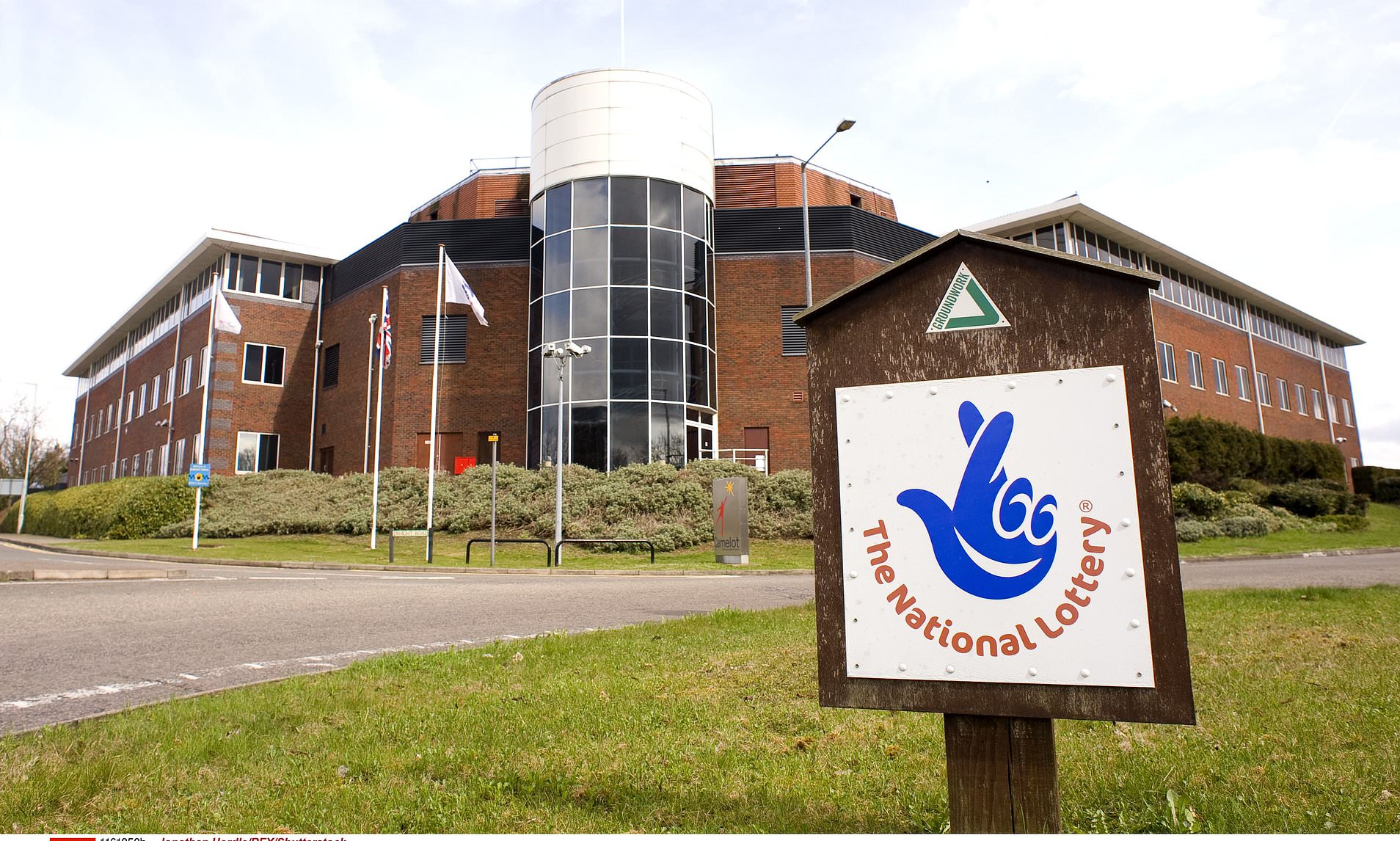Posted on: March 22, 2022, 08:47h.
Last updated on: March 22, 2022, 01:30h.
Camelot recently learned that it will no longer operate the UK National Lottery. It will soon begin packing up its things, but not without first receiving a huge penalty from the UK Gambling Commission.

It’s bad enough that Camelot’s future as the operator of the UK National Lottery is coming to an end after 28 years. The UK Gambling Commission (UKGC) added insult to injury this week, announcing several fines against the company.
The UKGC reports that it is handing Camelot a bill for £3.15 million (US$4.17 million). It’s the result of several errors the company committed over the past few years, and couldn’t come at a worse time.
Camelot’s Wallet Gets a Lot Lighter
From November 2016 to September 2020, as many as 20,000 users lost money through lottery tickets. However, they should have all been winners. Camelot’s system apparently glitched and told all of them that their winning tickets were actually losers.
Today’s announcement reinforces that any operator failing to comply with their licence requirements will be investigated by the Commission and we will not hesitate to issue fines if requirements are breached,” stated UKGC CEO Andrew Rhodes.
In another example of Camelot’s inability to moderate its business practices, it sold 22,210 consumers single tickets. However, the company issued two tickets, instead, for which they paid double. The good news is that some of those were winners, which Camelot paid out. Those that didn’t win received refunds.
In the third snafu, Camelot sent marketing messages to 65,400 consumers who had either self-excluded through Gamstop or who the company determined showed signs of gambling addiction. None of those individuals were able to purchase a lottery product.
Sending a Message
This isn’t the first time Camelot has had issues in the UK. Several times, questions surfaced over how it managed its finances. On one occasion, the government accused it of taking advantage of tax law language to not pay millions of pounds in taxes.
There have also been concerns over the amount of money Camelot paid some of its top executives – some earned six-figure bonuses on top of their salaries. Because the lottery is meant to generate revenue for social and civic causes, the salaries didn’t seem consistent with the government’s objectives.
Allwyn Entertainment is possibly going to take over for Camelot as the National Lottery operator, starting in 2024. Until then, Camelot will run the show. It doesn’t have a lot of incentive to innovate at this point, but it does have to continue to play by the rules.
The UKGC fine serves to hold Camelot accountable for its actions. It also potentially serves as a warning to the company’s successor – play by the rules, or face the consequences.
However, Camelot isn’t going to go down without a fight. It may have lost the battle, but it doesn’t accept losing the war. It is already mounting a legal challenge to the UKGC decision to give Allwyn the lottery.
